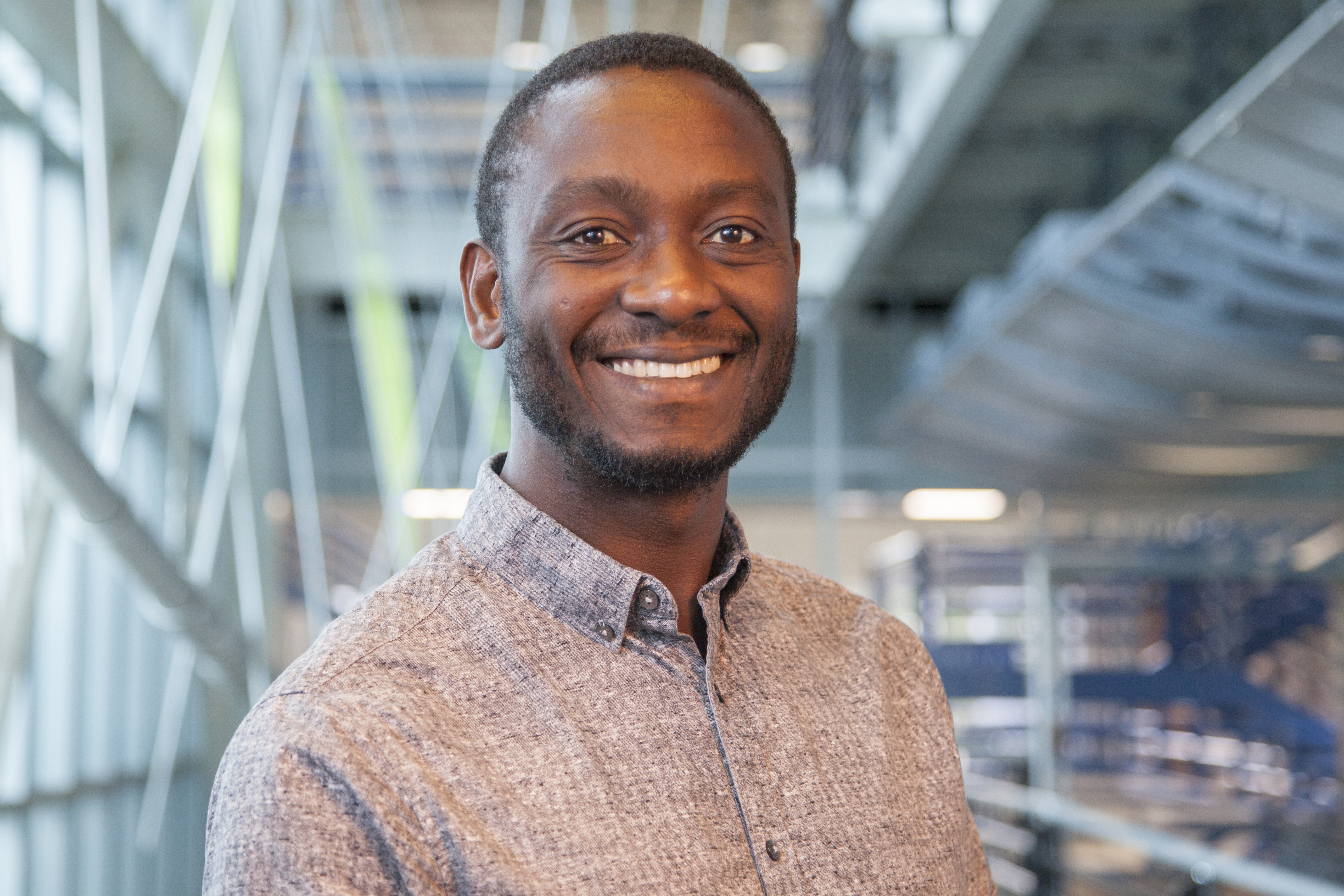CyLab Seminar: Olugbenga Moses Anubi
November 18, 2024
12:00 p.m. ET
Zoom or CIC room 4105, Panther Hollow
November 18, 2024
12:00 p.m. ET
Zoom or CIC room 4105, Panther Hollow

*Please note: this CyLab seminar is open only to partners and Carnegie Mellon University faculty, students, and staff.
Speaker:
Olugbenga Moses Anubi
Associate Professor of Electrical and Computer Engineering
Florida State University
Talk Title:
Generative vulnerability assessment of cyber-physical systems
Abstract:
Reliability, security, and resiliency of the cyber-physical systems has been an active area of research, in one form or the other. With every advancement in enabling technology comes new challenges in terms of reliability and resiliency. The past few decades have seen a sharp rise in communication and computational technologies applied to large-scale systems. The cyber-physical layer grows exponentially as these systems undergo a transformation to an extensive dependence on distributed resources with associated digital control and communication interfaces, many of these located beyond the grid edge.
Consequently, the problem of securing cyber-physical systems has become technically more challenging on multiple fronts: (1) Ubiquity of internet of things (IoT) and industrial IoT (IIoT) devices increases the vulnerability and threat landscape exponentially; (2) The increased variability due to the introduction of distributed resources makes contingency analysis challenging; (3) Despite advancements in computation technology, the sheer size of the cyber landscape often renders computational processes infeasible; and (4) The tight coupling of the cyber and physical components makes pure information technology (IT) or operational technology (OT)-based security technologies less effective.
To address these challenges, current state-of-the-art approaches often incorporate AI/ML technologies to detect anomaly in the system operational data. This has shown significant promise with high true positive rates when the available data adequately captures the operating conditions of the system. However, performance degradation sets in when new operation regimes, not represented in the available dataset, are encountered. Unfortunately, this is well known and exploited by malicious attackers to mimic extreme event situations, forcing the system into a panic mode.
In this talk, I will discuss some recent results leveraging the cyber-physical nature to develop algorithms for holistic vulnerability assessment of these systems. This approach seamlessly merges data-driven machine learning models, for the cyber layer, with domain knowledge physics-based models, for the physical layer, to simultaneously achieve high accuracy and high generalizability for understanding the effects of both known and unknown extreme events. This knowledge promises to enable the development of resilient control algorithms to enable the systems to survive malicious or natural extreme events while sustaining critical functions.
Bio:
Dr. Olugbenga Moses Anubi is an Associate Professor of Electrical and Computer Engineering at the Florida State University, with affiliations with the Center for Advanced Power Systems (CAPS) and the Center for Intelligent Systems, Controls and Robotics (CISCOR). He is the director of the Resilient and Autonomous Systems Lab (RASLab). He was a Lead Control Systems Engineer at the GE Global Research Center, NY. His work has resulted in more than 15 patents and several recognitions including the 2023 FAMU-FSU College of Engineering Faculty Rising Star Award, the GE Technology Award (Physical+Digital), the Connected Controls Technical Achievement Award, the Whitney Award and the Dushman Technology Award. His work is supported by DOE, ONR, DARPA, DOT and several industry partners. His research interests include control of autonomous systems and resilient cyber-physical systems with applications to energy, transportation and other critical infrastructures. He is an inducted senior member of the National Academy of Inventors (NAI) and a senior member of IEEE.
February 9 2026
12:00 PM ET
CyLab Security and Privacy Institute
Zoom or Gates Hall, room 4405
February 16 2026
12:00 PM ET
CyLab Security and Privacy Institute
Zoom or Hamburg Hall, room A301
February 23 2026
12:00 PM ET
CyLab Security and Privacy Institute
Zoom or Hamburg Hall, room A301
March 9 2026
12:00 PM ET
CyLab Security and Privacy Institute
Zoom or Hamburg Hall, room A301
March 16 2026
12:00 PM ET
CyLab Security and Privacy Institute
Zoom or Hamburg Hall, room A301
March 23 2026
12:00 PM ET
CyLab Security and Privacy Institute
Zoom or Hamburg Hall, room A301